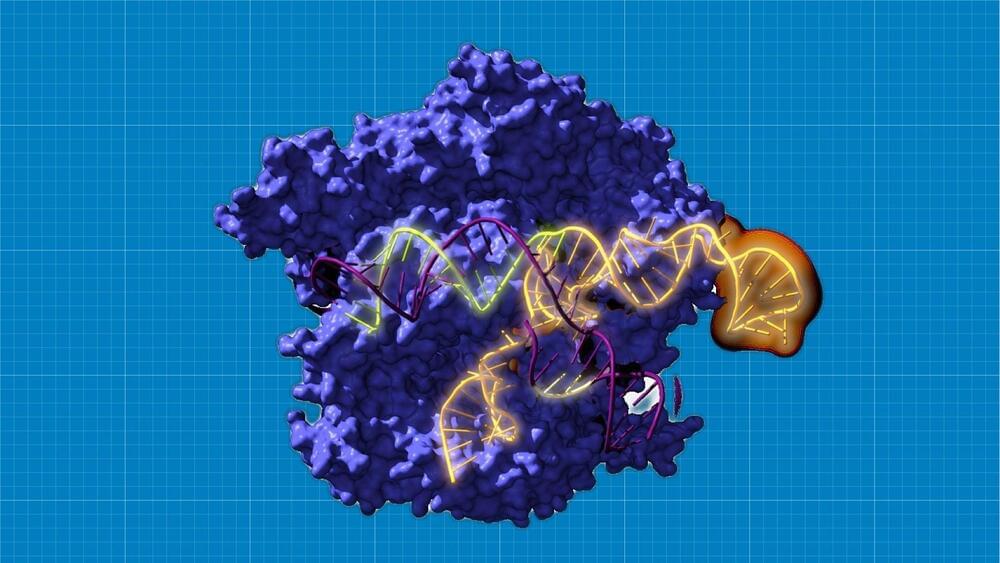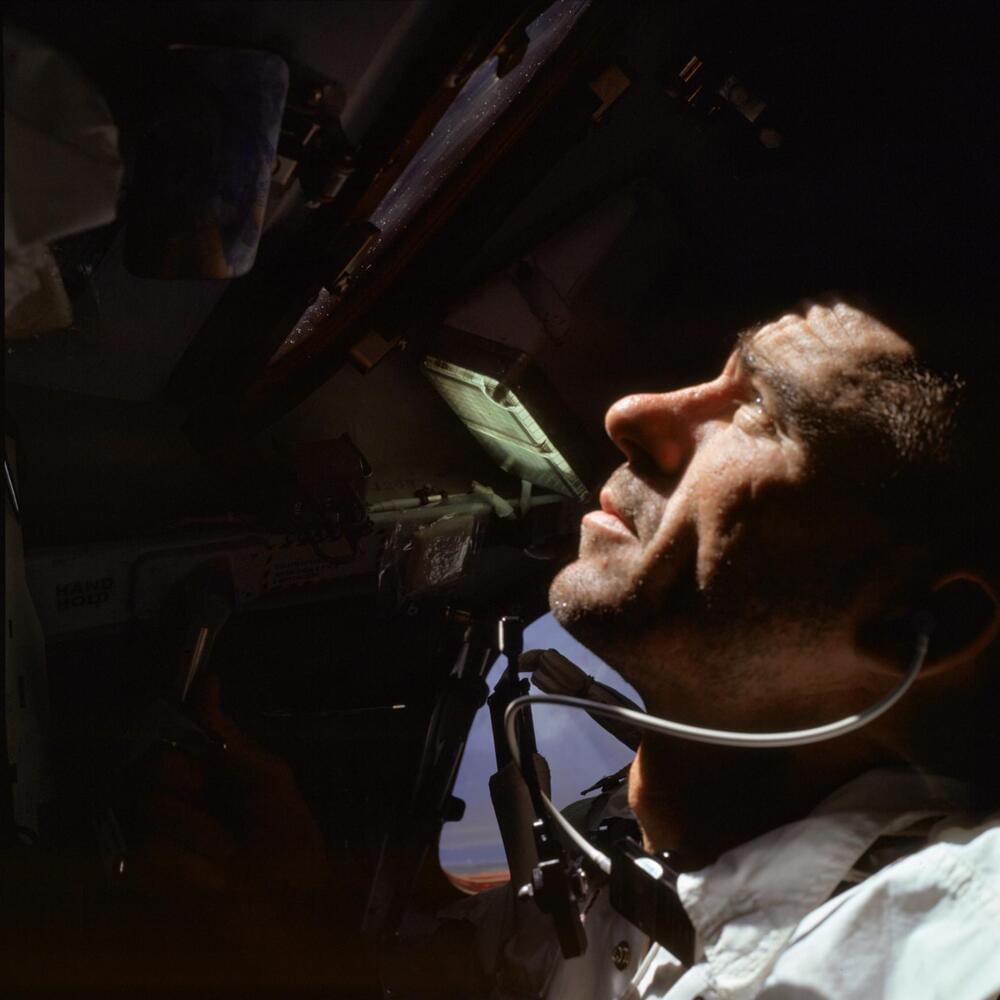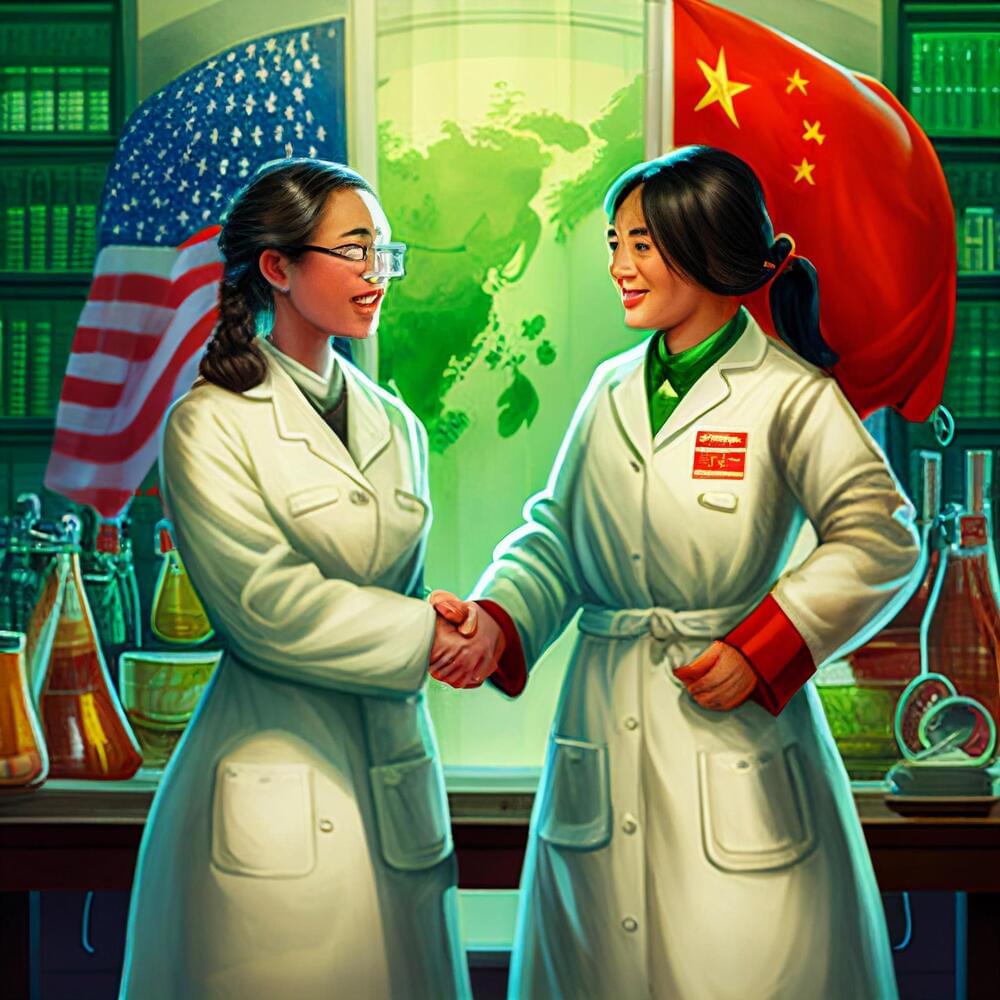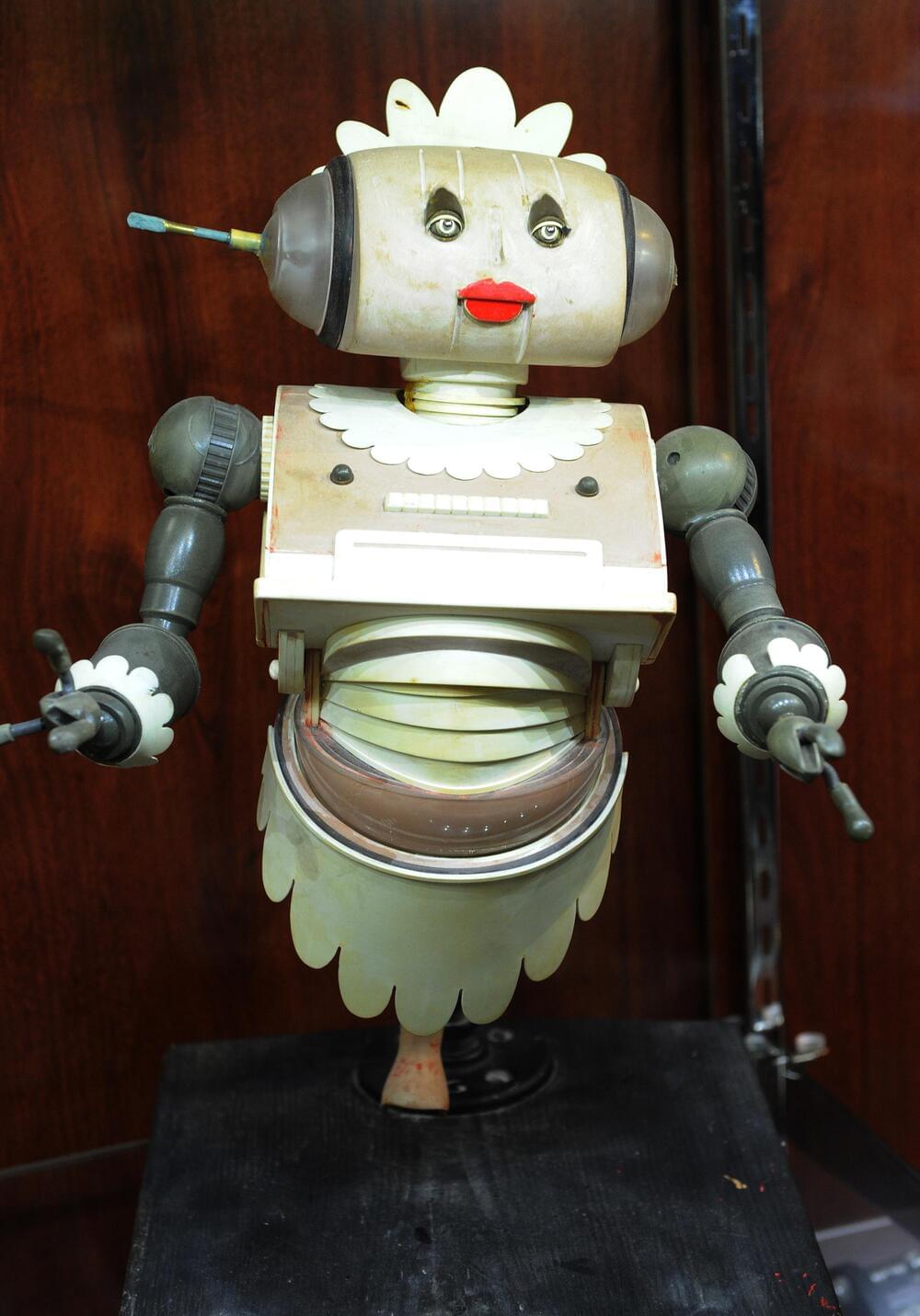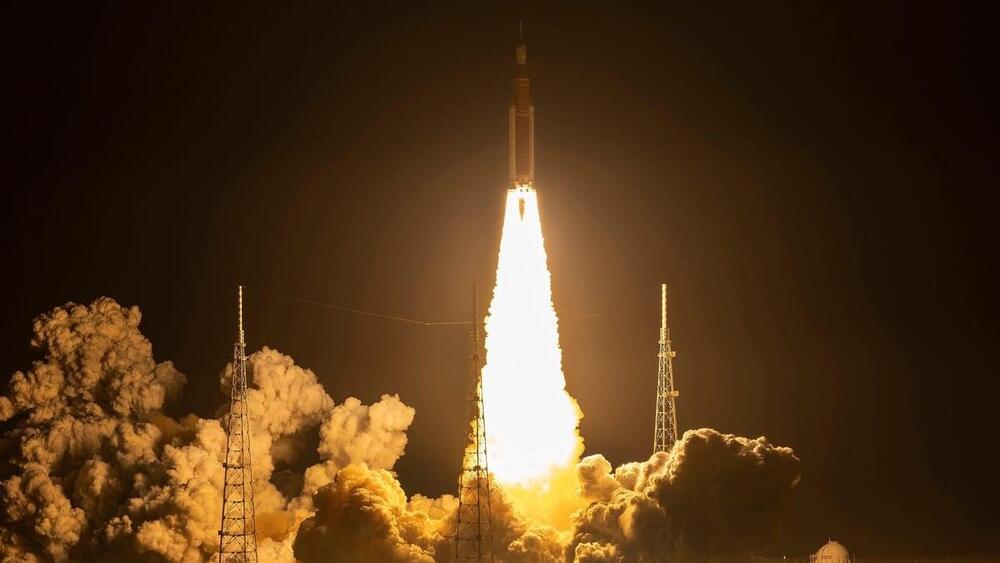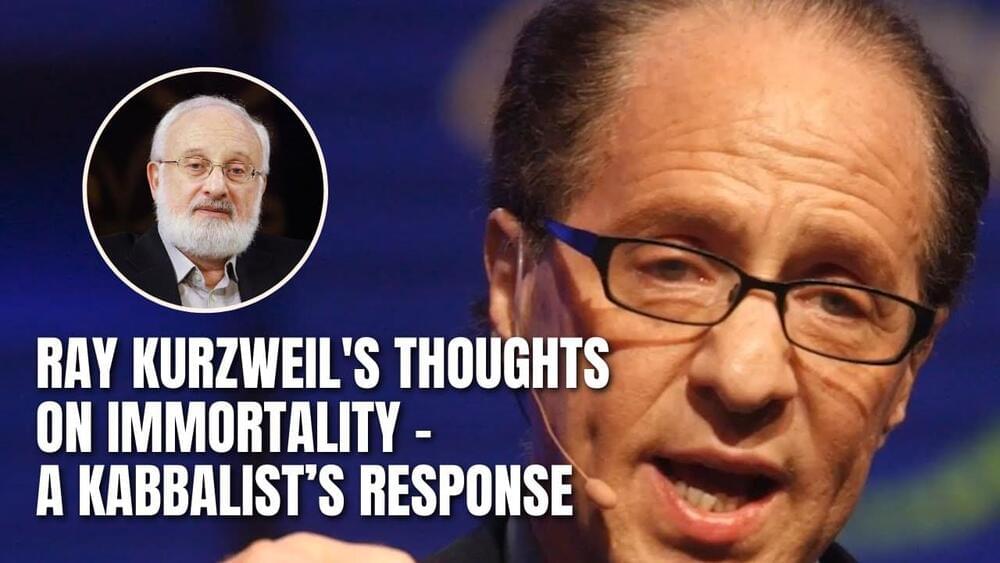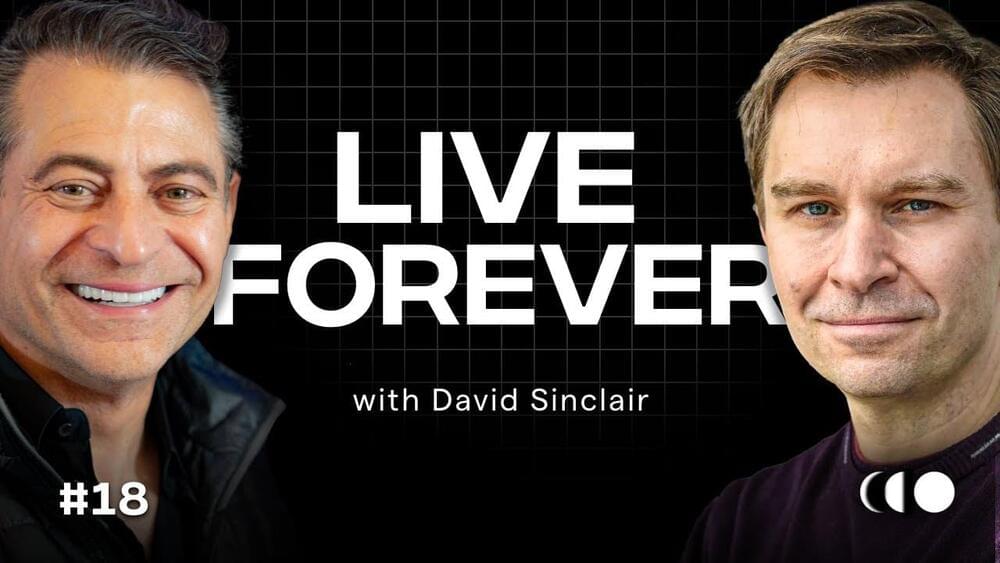Jan 4, 2023
New study reveals 2.6-billion-year-old resurrected enzymes can still edit cells
Posted by Gemechu Taye in categories: biotech/medical, evolution
“This research signifies an extraordinary advance in knowledge about the origin and evolution of CRISPR-Cas systems.”
An international research team reconstructed the CRISPR-Cas system for the first time, dating back to 26 billion years ago. Their findings imply that the revived systems are functional and more adaptable than the previous iterations.
Led by teams from the Spanish National Research Council, the University of Alicante, the Rare Diseases Networking Biomedical Research Center (CIBERER), the Ramón y Cajal Hospital-IRYCIS, and other national and international institutions are working with Ikerbasque research professor Rául Pérez-Jiménez of CIC nanoGUNE.
